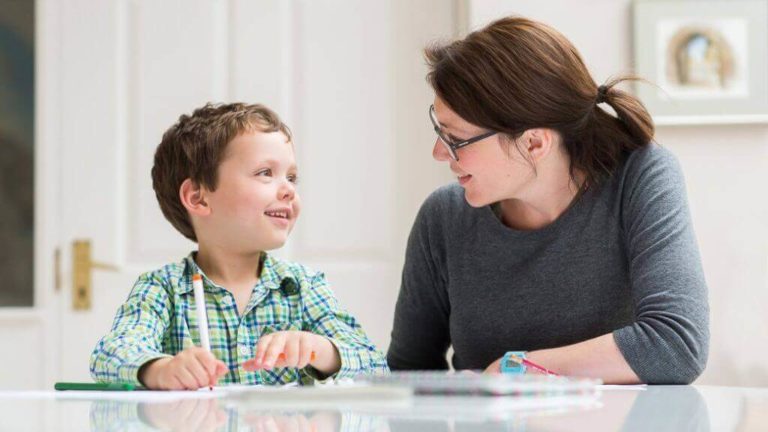How to help your child write a great start to their story
Many entrance exams at 7+, 8+ and 11+ ask children to write a story – usually giving around half an hour for this part of the assessment. In such a short time, the beginning of the story should be captivating! In this blog, Cecilia sets out how you can help your child to develop their story writing skills and grab the attention of the examiner.
Many entrance exams at 7+, 8+ and 11+ ask children to write a story – usually giving around half an hour for this. In such a short time, the beginning of the story should be captivating!
This simple activity can support your child to begin to consider how great stories start, and hopefully put an end to the ubiquitous, ‘I woke up and got dressed and had my breakfast…’, which must fill examiners’ minds with dread every marking season.
You will need around ten good children’s books which are ‘age appropriate’ or just above. A photocopy of the first page of Chapter 1 or the prologue of each book is even better, as this can be written on as you go through the activity.
Discuss how important it is that a story grabs its readers right from the beginning; it is the first paragraph as much as the blurb which often makes us decide whether to borrow that book from the library or spend our precious book token on it.
Then have a look together at the particular strategy that writer has used to start his or her story – is it on the list below? Or is it an entirely different strategy?
- Does it start with direct speech? E.g. ‘I have no idea where your cricket bat is,’ exclaimed my mum, looking exasperated.’
- Does it start with a teaser – a statement which is ambiguous, leaving us wondering who, what, when or where around this tantalising piece of action? Remember, you don’t have to reveal everything in the first sentence. E.g. ‘To say that school trip was a disaster is putting it mildly.’
- Does it start with a group of three? Three words, phrases or ideas grouped as a list in a sentence? This is a writing strategy advertisers often use too in order to hook their readers in. E.g. ‘The sun was out, my homework was complete and my football was waiting for me in the hall.’
- Does it start with some description about a place or person, using interesting and intriguing vocabulary? E.g. ‘The vast stone building with its heavy wooden doors and decorative closed shutters loomed above me.’
- Does it start with a fronted adverbial, that is, a phrase which tells you how, when or where something is happening, such as, ‘All night long, I had turned and wriggled in my bed, waiting for my birthday to start.’
- Does it start with an …ing word which gives extra information about the sentence? E.g. ‘Gazing out of the window, I wondered if the school bell would every ring.’
- Does it start with a very short and startling sentence or exclamation, followed by a longer one? E.g. ‘Louise was a ghost. Not many people knew that, but it was a clear as day to me, and also to my dog, Jess.’
Remember, it is the talk you share with your child about the story starters which is the most valuable thing for your child – you are supporting him or her to begin to really understand how the start of a story works most effectively to entertain them. When children start to recognise a strategy the writer is using, they can begin the process of rehearsing how that strategy could be used in their own writing. Ask questions which guide the child to explore good writing techniques for themselves.
- How does this first sentence make you feel?
- Does it make you want to read the rest of the story? Why?
- If not, why not?
- If you were writing a story about an alien landing in a school playground, for example – which technique might you use to start your story?
- Why?
- What sort of story start do you think you would like to use best for an action story? Or for a description of a special day? Or a ghost story?
- How do you think you could change the way you start your stories to make your readers really want to read on?
Remember to praise good responses, and build your children’s confidence by trusting them as perceptive readers who understand what works to engage them in great writing.
Good luck, and most of all, have fun!



Nice description
Thanks for your comment, we're glad you found the article useful!